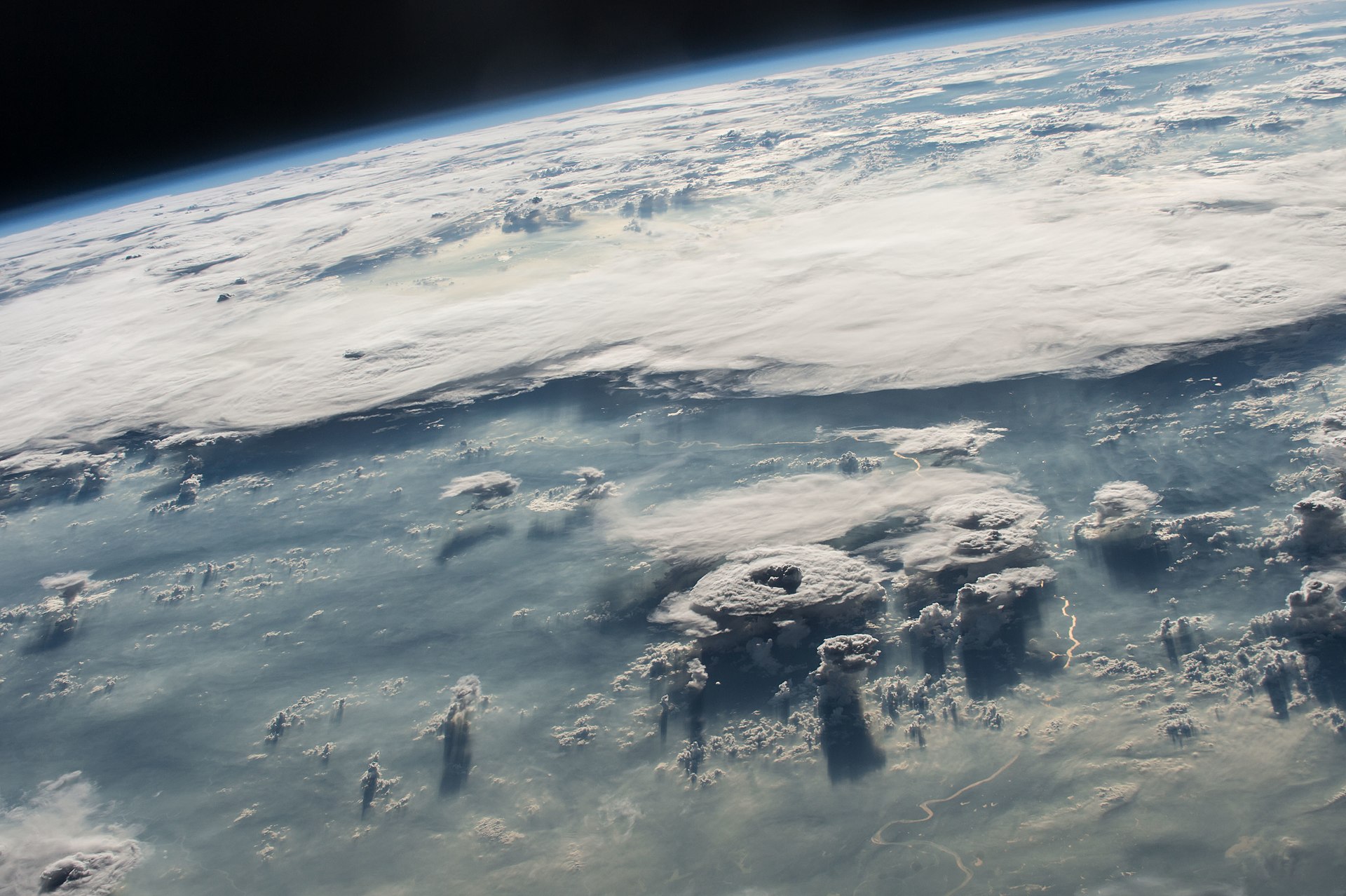Every day, we experience various weather conditions that have a significant effect on our world. These weathers vary in their impact on our society, wherein some are essential to sustain life, while some bring disastrous effects to our surroundings. Despite all of these factors, the Earth’s constant-changing weather and climate are vital to the planet’s capability to sustain life.
The incredible features of our planet’s weather and climate are a part of the atmosphere, wherein layers of gases are present above the Earth’s surface. Furthermore, our atmosphere is also responsible for providing oxygen to breathe. These are only some of the exciting facts about our planet’s atmosphere.
Moreover, these wonders of nature sparked the interest of some people, which led to the development of a branch of Earth science called Meteorology. This field of study is what scientists use today to predict and describe weather all around the globe. Evidently, meteorology is essential in our modern world since it helps us to prevent and prepare for upcoming weather conditions.
Like any other branch of science, meteorology has an origin of its own, which resulted in its development. In this article, we are going to look into the more in-depth definition of meteorology, and mainly, what its history is.
What is Meteorology?
As mentioned earlier, meteorology is a branch of Earth science devoted to the study of weather and atmospheric conditions. These conditions include atmospheric chemistry and atmospheric physics, which led to the creation of weather forecasting.
Meteorology is responsible for the study of the various observable weather events happening on our planet. These natural conditions are heavily influenced by the Earth’s atmosphere, wherein meteorologists use various atmospheric data to study and predict such weather. The modern use of meteorology is not only limited in weather forecasting, but it is also used in other fields and industries, such as military, energy production, transportation, agriculture, and construction.
What is the origin of meteorology?
The word ‘meteorology’ originated from the Greek words ‘meteor’ and ‘logia,’ which means ‘the study of things high in the air.’ From this definition alone, we can easily identify the importance of meteorology in our daily lives.
We can trace back the origin of meteorology to thousands of years ago, wherein people started to create predictions about the weather. However, these predictions are not based on any scientific facts, which made it far from the field of study meteorologists use in our modern world.
During ancient times, weather predictions are merely predictions based on astrology. These predictions were conducted by priests and somehow associated them with mystical powers, which lack further concrete explanation.
It was until the 3rd century BC when the great Greek philosopher Aristotle wrote ‘Meteorology,’ which was a treatise written by him. The treatise consists of an introduction about the affections common to water and air, wherein it also discussed some observations about water evaporation and weather phenomena. Furthermore, the most significant achievement in the treatise was the description of the hydrologic cycle. Because of Aristotle’s remarkable work in ‘Meteorology,’ he is often regarded as the founder of meteorology.
Years later, another Greek philosopher Theophrastus made his contribution to the development of meteorology, wherein he compiled a book on weather forecasting, entitled the ‘Book of Signs.’ His work heavily influenced the ancient civilizations on how to identify various weather conditions, as well as sparked the interest of several philosophers during their time.
Fast-forward to the 17th century, wherein Galileo Galileo created a device called thermoscope – a thermometer made of a sealed glass cylinder that aims to identify changes in temperature. Another scientist who contributed to the advancement of meteorology was the French physicist Blaise Pascal. Pascal made his observations about the atmosphere, and he claimed that atmospheric pressure decreases with weight. He also speculated that a vacuum is present above our atmosphere.
All of these observations and studies led to the development of modern-day meteorology. Although the early works about the science of meteorology were far from the advanced stage that we have today, we can say that all of the early works from previous scientists contributed to the advancement of meteorology. Today, our scientists continue to work on the improvement of this branch of science to further help us in our daily lives.
